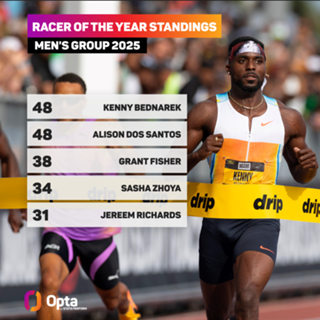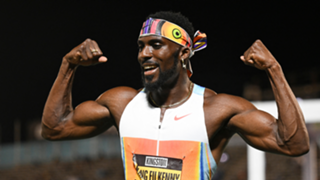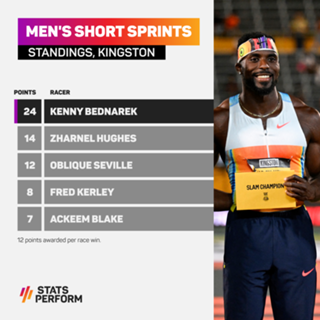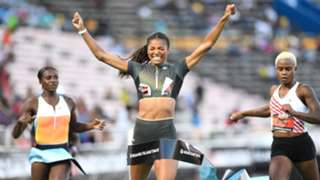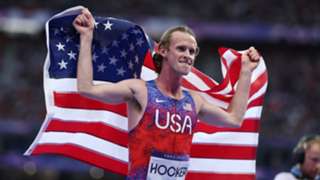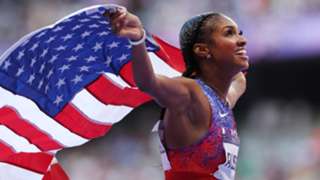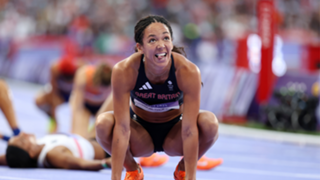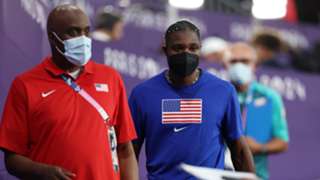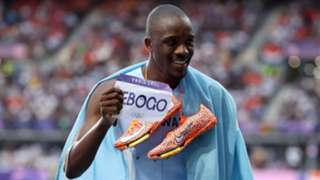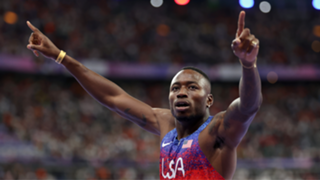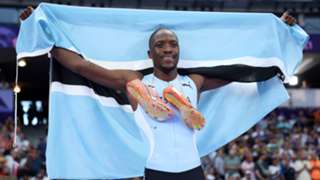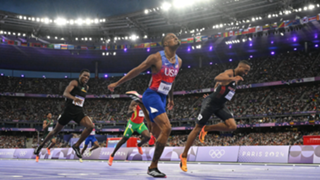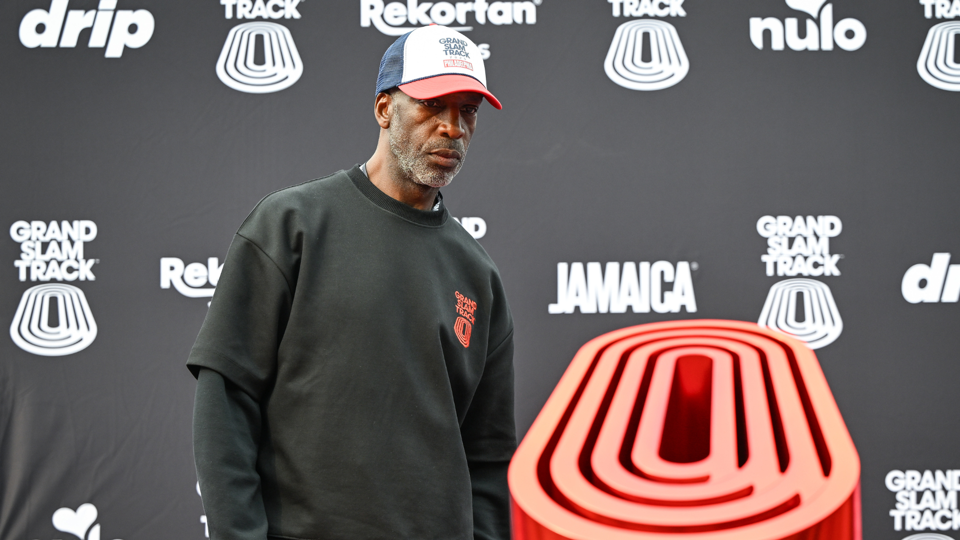
Johnson says Grand Slam Track has been a success after Los Angeles event decision confirmed
Grand Slam Track founder Michael Johnson believes the new-look competition has been a success despite cancelling the final round of its inaugural season.
The season began in the Jamaican capital of Kingston and was followed by events in Miami and Philadelphia, with the final meet due to take place in Los Angeles.
That final event, scheduled at Drake Stadium from June 28-29, was cancelled on Thursday after venue costs marked the event as a financial misadventure.
Johnson, a four-time Olympic gold medallist, made the decision by saying the Los Angeles meet was cancelled with an eye to protecting Grand Slam Track's long-term health.
We have announced the conclusion of our transformational 2025 pilot season, and now turn our attention to building out the 2026 calendar to bring GST to fans around the world.
— Grand Slam Track (@GrandSlamTrack) June 13, 2025
The previously scheduled LA Slam has been postponed until 2026.
Read more: https://t.co/9xQLp2ufFL pic.twitter.com/PVnDmdth2b
However, he believed the competition had successfully achieved its first-season goals.
"The decision to conclude the inaugural Grand Slam Track season is not taken lightly," Johnson said.
"But one rooted in the belief that we have successfully achieved the objectives we set out in this pilot season, and the importance of looking towards 2026 and beyond.
"We launched with a bold vision to reimagine professional track racing, and we could not be more excited about what we have accomplished so far.
"As we've said all along, we were going to have learnings, make adjustments, and continue to improve.
"Sometimes we have to make moves that aren't comfortable, but what's most important is the future and sustainability of the league."
Kenny Bednarek and Melissa Jefferson-Wooden have been named the Grand Slam Track Racers of the Year, having won their respective Slam Championship at all three events.
The competition featured a host of well-known athletes, including British Olympic sprinters Daryll Neita and Matthew Hudson-Smith, and 1500m world champion Josh Kerr.
Reigning Olympic champions Sydney McLaughlin-Levrone, Gabby Thomas, Quincy Hall, Cole Hocker, Marileidy Paulino, and Masai Russell also competed in the competition.
Male and female competitors are subdivided into six categories - each containing eight athletes - offering significant financial incentives.
Indeed, up to $100,000 (£73,600) was on offer for the winners of each race category, as well as salaries for contracted athletes.
